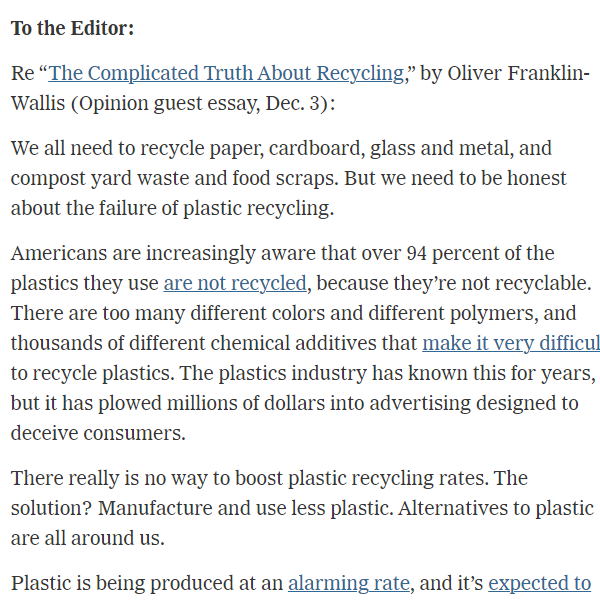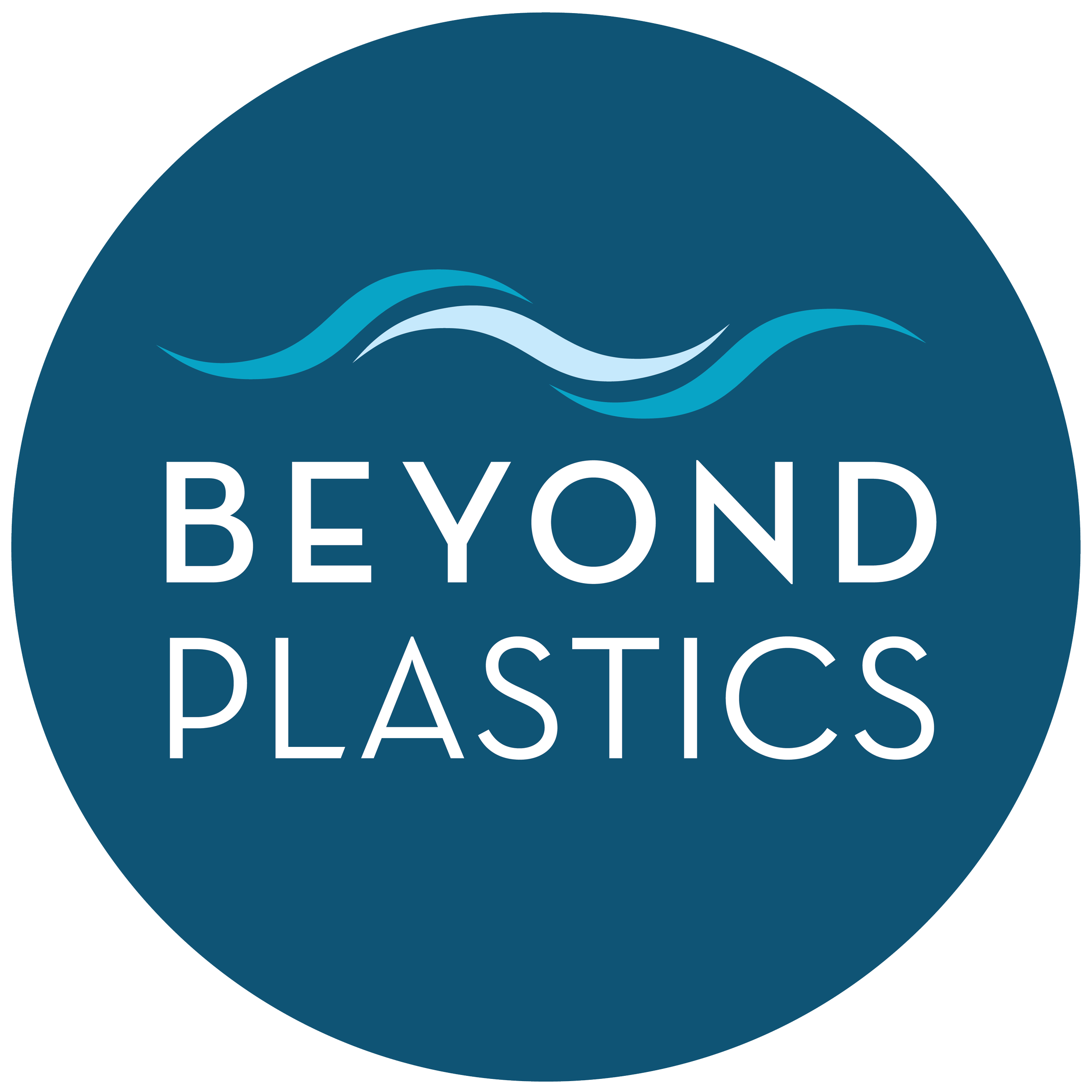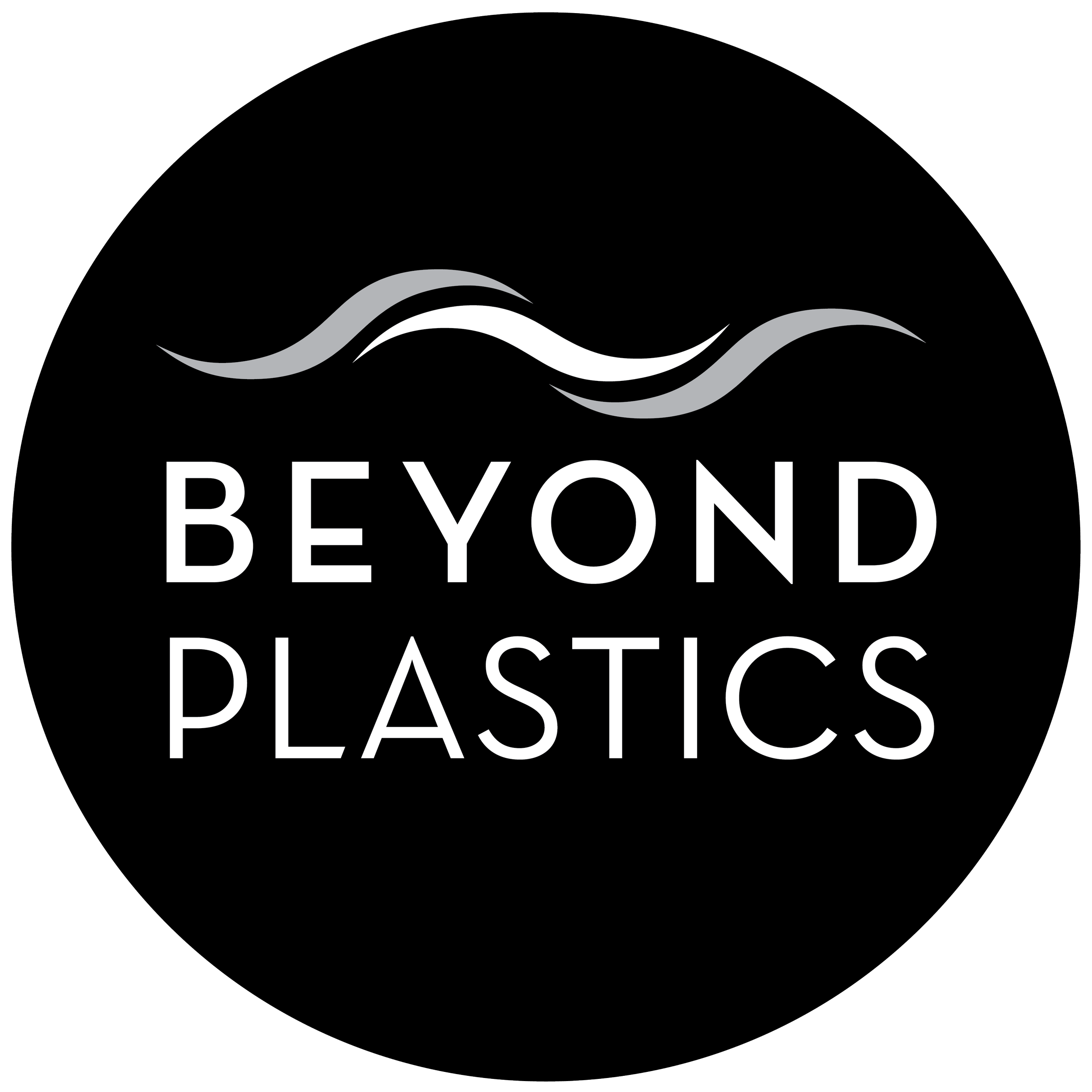
US Begins Review That Could Eventually Lead To PVC Ban
The US Environmental Protection Agency (EPA) on Thursday announced a review that could eventually lead to the end of PVC plastic production -- impacting everything from records to rubber ducks. Vinyl chloride, which is used in the manufacturing and processing of polyvinyl chloride (PVC), was officially classified as a human carcinogen in 1974 and banned in hair sprays, refrigerants, cosmetics and drugs.

EPA takes first step to review safety of chemical in East Palestine crash
The Environmental Protection Agency (EPA) began the review process for vinyl chloride, the toxic substance that spilled in the town of East Palestine, Ohio, in February, in the first step toward further restrictions or a potential ban.

EPA goes after plastics with chemicals plan
EPA announced it is prioritizing risk evaluations for five chemicals primarily used to make plastics, signaling a growing and concerted effort to crack down on plastics. Wednesday’s announcement marks the start of a 12-month process that EPA said will likely result in each chemical’s designation as a “high priority” substance under the Toxic Substances Control Act. With that designation, regulators can then launch the intensive, 3 ½-year review process that could lead to the agency banning or restricting uses of the chemical if deemed unsafe.

EPA begins formal review of vinyl chloride, toxic chemical that burned in Ohio train derailment
The Biden administration has initiated a formal evaluation of risks posed by vinyl chloride, the cancer-causing chemical that burned in a towering plume of toxic black smoke following a fiery train derailment earlier this year in eastern Ohio.

Judith Enck: Chicago must choose lead pipe replacement material carefully
I applaud the U.S. Environmental Protection Agency’s decision to mandate the removal of lead pipes used for drinking water nationwide. A Michigan State University professor and pediatrician was widely quoted in recent articles saying, “This is like a pediatrician’s dream come true.” But the Biden administration must ensure that we don’t swap one problematic material for another. Polyvinyl chloride, or PVC, pipes will undoubtedly be considered as a replacement for lead pipes in Chicago and elsewhere, and they come with their own serious concerns.

Opinion: Can Recycling’s Problems Be Fixed?
Americans are increasingly aware that over 94 percent of the plastics they use are not recycled, because they’re not recyclable. There are too many different colors and different polymers, and thousands of different chemical additives that make it very difficult to recycle plastics. The plastics industry has known this for years, but it has plowed millions of dollars into advertising designed to deceive consumers.

Opinion: Recycling Bill Will Address New York's Plastics Pollution Problem
Opinion: Recycling Bill Will Address New York's Plastics Pollution Problem

Chemical Recycling “A Dangerous Deception” for Solving Plastic Pollution: Report
Chemical recycling — an umbrella term used to describe processes that break plastic waste down into molecular building blocks with high heat or chemicals and convert them into new products — will not help reduce plastic pollution, but rather exacerbate environmental problems, according to a new report by nonprofit environmental advocacy groups Beyond Plastics and the International Pollutants Elimination Network (IPEN).

A New Report Calls Chemical Recycling a ‘Dangerous Deception’ — And a Former Plastic Lobbyist Agrees
A new report from the nonprofits Beyond Plastics and the International Pollutants Elimination Network, or IPEN, says chemical recycling is a “dangerous deception” that will only exacerbate pollution and environmental injustice while failing to address the plastics crisis.

Dumped, Not Recycled? Electronic Tracking Raises Questions About Houston’s Drive to Repurpose a Full Range of Plastics
Revelations by a watchdog group reinforce doubts about chemical recycling, a technology promoted by the city in a collaboration with ExxonMobil and other companies.

New Report Calls Out Chemical Recycling as a ‘False Solution’ to the Plastics Crisis
The plastics and petrochemical industries’ latest purported solution to the plastic pollution crisis – chemical or “advanced” recycling – is essentially a public relations and marketing strategy designed to distract from the urgent need to curb plastic production, a new report contends. The report, released today by Beyond Plastics and the International Pollutants Elimination Network (IPEN), exposes the failures and perils of chemical recycling as an approach to manage plastic waste.

Unproven “Advanced Recycling” Facilities Have Received Millions in Public Subsidies
A new, 159-page report, released today by Beyond Plastics and the International Pollutants Elimination Network, or IPEN, casts serious doubt on the technology’s ability to make even a modest dent on the world’s growing plastic burden. In the most comprehensive report on chemical recycling facilities in the U.S. to date, researchers looked at the operations of 11 companies across the country to examine the plastic industry’s claim that chemical recycling can significantly help reduce global plastic pollution.

Microplastics Pose Risk to Ocean Plankton, Climate, Other Key Earth Systems
An estimated 12 million metric tons of plastic currently enters the ocean each year. This plastic debris gradually breaks down into smaller and smaller fragments — micro- and nanoplastics — which, while less visually striking, can have serious effects on marine ecosystems and may even pose a threat to the stability of Earth’s climate. A recent estimate suggests that as much as 358 trillion microplastic particles are floating on the surface of the world’s oceans, with untold trillions more in deeper reaches.

Chemical Recycling Aims To Scale Fast in Effort To Manage Plastic Waste, Even as Questions Remain
Chemical recycling proponents are investing in major projects to scale up the technology. Yet lingering policy and business factors will affect the trajectory of this fast-developing recycling sector.

Oil and Gas Job Promises Out of Reach for People of Color
There’s an unspoken promise when an industry moves into any community: We will disrupt your lives, but in exchange we will provide good-paying jobs. Except, according to new research shared exclusively with Floodlight, in Louisiana’s majority Black communities in the area known as “Cancer Alley,” because of its high concentration of polluting industries, the majority of jobs go to white workers. Similar disparities occur in minority-dominant communities along Texas’ Gulf Coast, where the majority of workers are white.

Dark Plastics
If your home has HDPE plastic containers— it almost certainly does; look for the No. 2—you should know some of it may have been treated with a process called fluorination. And you might be exposing yourself to PFAS, the “forever chemicals.”

McKibben, Environmentalists Suggest How to Defeat Plastic Waste
According to a joint study done in May of 2022 by Beyond Plastics –a Bennington College environmental group, and The Last Beach Cleanup – a California-based nonprofit, 94-95 percent of plastics are not recycled. Environmental writer Bill McKibben, Beyond Plastics founder Judith Enck, and writer Eve O. Schaub delivered other unpleasant truths in a roundtable discussion at the Southern Vermont Arts Center on Sunday. Despite the dire prognosis for the environment, the discussion – moderated with aplomb by Joe Donahue of WAMC/Northeast Public Radio – delivered the news with energizing good humor.

LEGO Drops Plans To Make Bricks From Recycled Bottles
LEGO is abandoning plans to use recycled plastic bottles for its bricks. CNN's Laila Harrak speaks with a recycling expert on why this change in plans is not that surprising.
Lego Says Making Bricks From Recycled Bottles Produces More Carbon Than New Plastic
For years, the toymaker Lego has been trying to figure out how to make its plastic building blocks out of sustainable materials. It’s experimented with all kinds of things — Brazilian sugarcane, for instance, which worked, at least for some pieces. It also tried recycled plastic bottles, which … didn’t work. The company said Monday it’s abandoning an effort to make its bricks out of recycled PET, the plastic found in many of our bottles and food containers.
Plastic Industry’s $1M ‘Recycling Is Real’ Campaign Designed To Reclaim the Narrative
The Plastics Industry Association says its campaign is meant to overcome “anti-recycling” rhetoric by educating lawmakers and brands. Advocacy groups say this ignores plastic recycling’s challenges.

